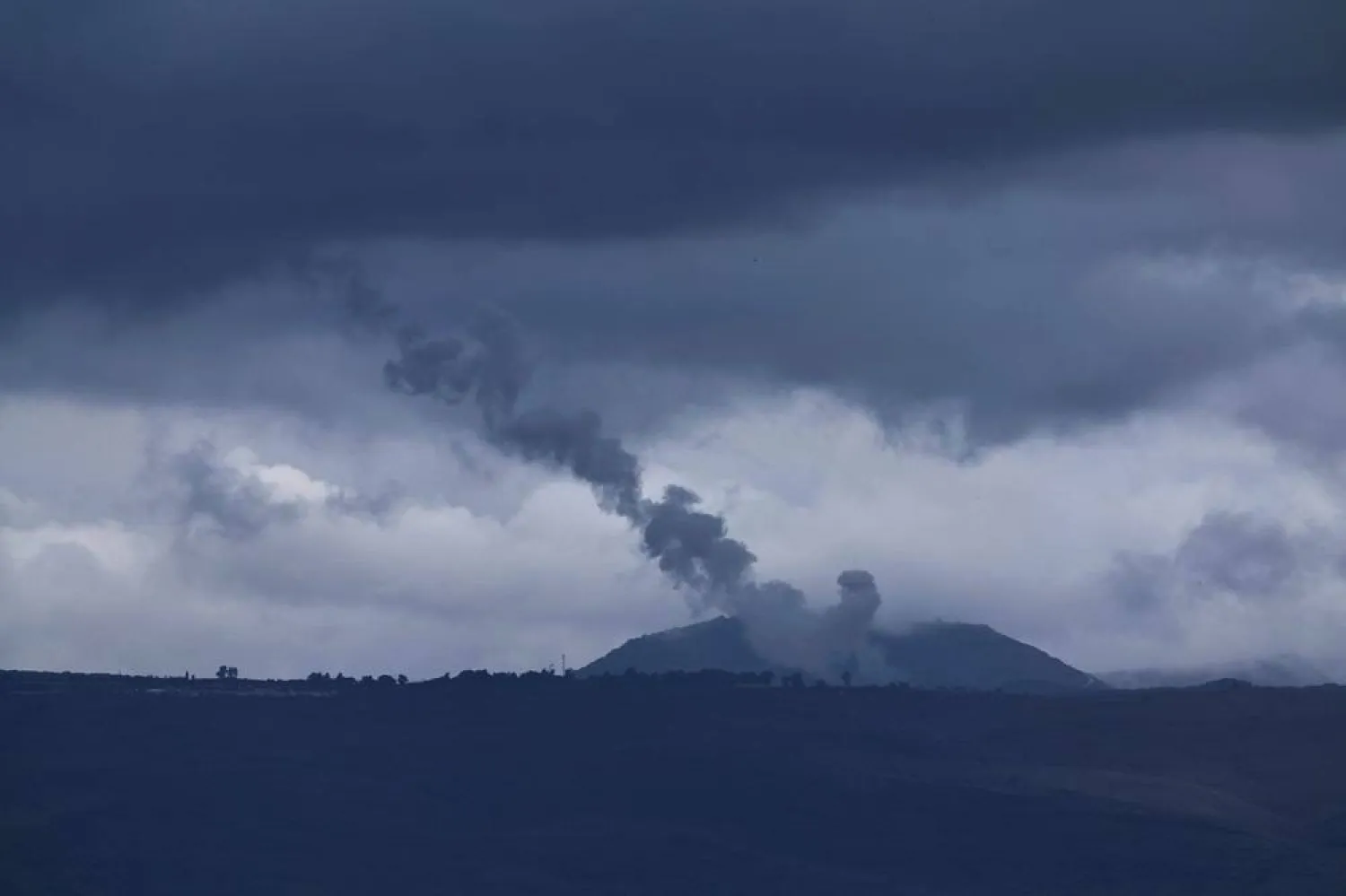Relative calm prevailed in Beirut’s southern suburbs on Monday after a day of intense Israeli strikes. In the South, Israel also scaled back its air raids as its forces clashed with Hezbollah on the second line of villages that it is trying to penetrate.
Israel is trying to ramp up its pressure on the field hours before US envoy Amos Hochstein is expected to arrive in Beirut where Lebanon and Hezbollah have agreed to a US ceasefire proposal.
On the ground, Israel now controls a first line of villages and is trying to capture the second line, specifically in the western sector through the village of Chamaa and the eastern sector towards al-Khiam.
Khiam witnessed relentless Israeli artillery fire throughout the night. Israel also targeted the towns of Jdeide, Marjeyoun and Bourj al-Mamlouk, reported Lebanon’s National News Agency (NNA).
Hezbollah announced in a series of statements that it had fired rockets at Israeli forces in Khiam on four occasions. The Iran-backed party’s al-Manar television reported that Israeli armored vehicles were moving in the fields of al-Wazzani towards Khiam.
Hours earlier, the Israeli army announced that it had deployed artillery batteries inside Lebanese territory, a first since it intensified its attacks against Hezbollah in October.
Israeli army spokesman Avichay Adraee said the artillery was deployed to provide support for the ground operations as the forces advance towards new goals.
Former deputy chief of staff of operations in the Lebanese Armed Forces retired General Hassan Jouni and founder and CEO of the Institute for Near East and Gulf Military Analysis (INEGMA) Riad Kahwaji agreed that the deployment of the artillery was normal in the field battle.
Jouni told Asharq Al-Awsat that the first line of villages was now under Israeli control through fire, while Kahwaji said they are effectively occupied and now Israel can advance on the second line.
Jouni disagreed on calling it an occupation, saying Israel was controlling it by force. Its military can roam the area, but it still comes under attack. It has also not built any defensive posts that allow it to establish a permanent position in the area.
The deployment of the artillery will not have a major impact on the fighting. Rather, it is aimed at firing deeper in Lebanon, he explained.
In offensive operations, artillery batteries are moved forward as forces advance. This is what Israel is doing. It has moved up to the second line of villages, but does not consolidate its occupation of villages, he said.
The first line will become occupied once Israel seizes control of the second, Jouni went on to say.
As it stands, the army is being met with fierce resistance by Hezbollah on the second line, especially in the Tayr Harfa region and leading to Chamaa.
Chamaa is significant because it lies between two valleys and is the only route to al-Bayyada, whose capture would be a major achievement given its geographic location, Jouni said.
Kahwaji, meanwhile, asserted that the first line of villages has been occupied by Israel, which has allowed it to move on to the second line.
The deployment of the artillery confirms this advance. Moreover, the forces will be stationed around the artillery to defend it, so they would have effectively established a foothold in the area.
On the ground, an Israeli airstrike targeted the main water facility in the southern port city of Tyre, killing two local officials and injuring two others, further compounding southern Lebanon’s worsening water crisis, Lebanon’s state media said.
The attack severely damaged the facility, prompting the Tyre Municipality to urge residents to ration water use until repairs can be made, NNA said on Monday.
Those killed in the attack included Samer Shaghri, a local elected official called a mukhtar who handles residents’ administrative affairs, and Qassem Wehbi, the deputy mayor of Burj al-Shamali, a town east of Tyre.
This strike is part of a broader pattern of bombardments in the 13-month conflict between Hezbollah and Israel that, according to an October 22 UNICEF report, have damaged at least 28 water facilities, cutting off access to safe water for over 360,000 people, primarily in southern Lebanon.
UNICEF’s report quoted Lebanon’s caretaker Minister of Energy, Walid Fayyad, who said, “The ongoing hostilities have inflicted severe damage on Lebanon’s essential services, leaving hundreds of thousands without access to safe water and electricity.”









